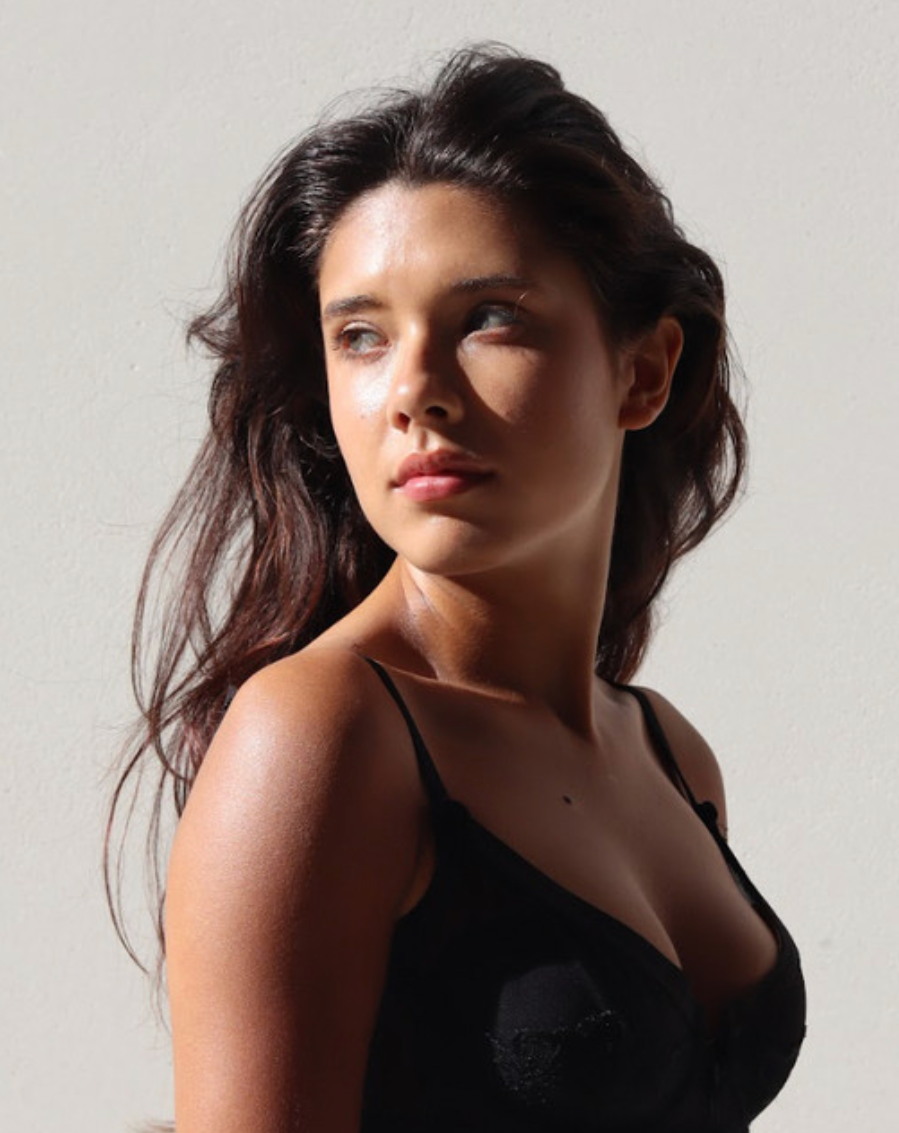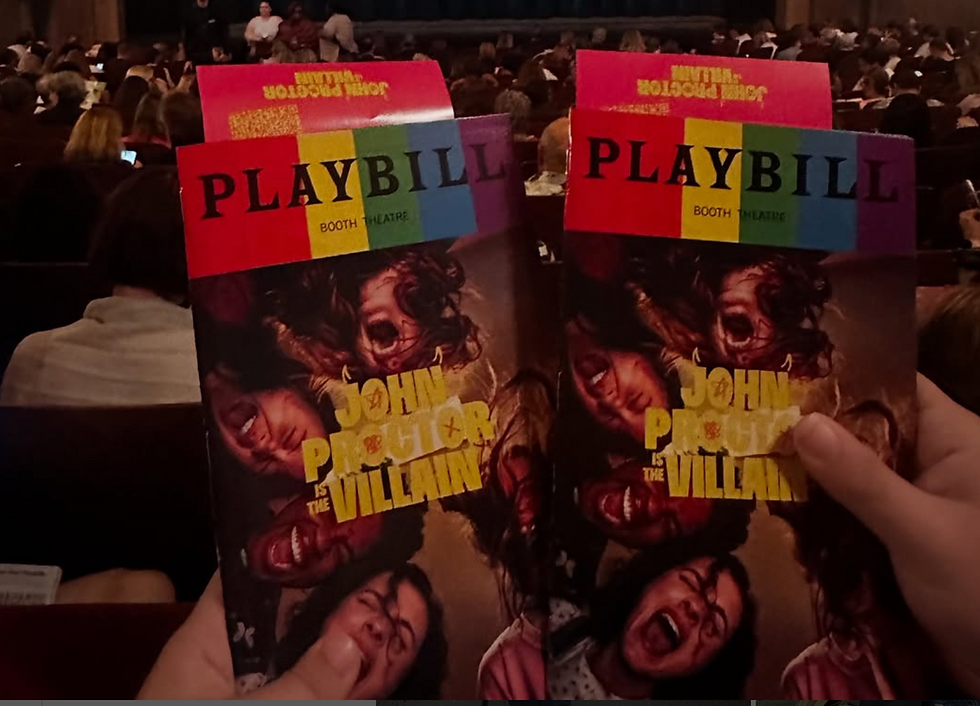That's that she espresso: How women are dominating the music industry
- Ariana Glaser

- Jun 7, 2025
- 4 min read
Updated: Jul 27, 2025

Women have been steadily taking over the music industry, and 2024 saw the culmination of this. Take a moment to mentally time-travel back to last summer, and you'll find the signs are everywhere:
Walk into any Dunkin Donuts across the country, and you’ll be greeted head-on by an advertisement for “Sabrina’s Brown Sugar Shakin’ Espresso” and the pop star’s signature sultry gaze. Pop into a club downtown, and you’ll surely hear Charli XCX’s hits flooding the room, accompanied by girls in matching neon green crop tops. Or open TikTok, and within a few minutes of scrolling through your For You Page, you might see someone trying their hand at one of Chappell Roan’s famous drag queen-esque makeup looks. With double the amount of female-led projects dominating Spotify’s 2024 Top 10 Albums Globally compared to the previous year, there’s no doubt about it: 2024 witnessed a revolution in the form of the feminine musical voice.
The 67th Grammy Awards, held in early February, celebrated the long-awaited crescendo of this trend. Not only were most performers female, but with the exception of two categories—Record of the Year and Song of the Year (which were both presented to Kendrick Lamar)—every single trophy presented during the main telecast was awarded to a woman. With such a promising beginning to the year, 2025 is shaping up to be even more monumental for the movement.
Sadie Dupuis, lead vocalist, guitarist and songwriter for Speedy Ortiz, recalls the early days of her career, and the narrow-mindedness she faced as a woman in an especially male-heavy sector of the industry.

“I was playing in, like, heavy rock scenes, so it was very gender non-diverse when I was first getting started,” said Dupuis, who’s had the thrill of working alongside some of music’s greatest names, including Lizzo, Liz Phair and K. Hanley, to name a few.
She went on to describe that being one of few women in rock oftentimes made her extremely self-conscious, detailing memories of constantly playing complicated guitar parts so people wouldn’t question whether she could live up to her male counterparts.
“Reviews could be quite sexist,” said Dupuis. “The BrooklynVegan comment section—which is long gone—would say all kinds of horrible things every time they covered a band with a woman in it.”
Dupuis added that while treatment towards women in the music industry has certainly gotten better, there is still much work to be done—particularly in regards to the unsung heroes of the music industry: those behind the scenes.
“My whole lifetime and beforehand, there has been less representation for women in the production and engineering side of things,” said Dupuis, nodding towards the fact that women make up only 5% of the total number of audio engineers and producers within the industry, as illustrated by a study at USC’s Annenberg School of Communication.
Prominent women in the music industry have stated in years past how difficult paving their way in a male-dominated field has been. In her groundbreaking documentary Miss Americana, Taylor Swift nailed down the reason why she’s become so well known for her diversity across genres and personas: she didn’t have a choice but to evolve.
“Everyone is a shiny new toy for, like, two years,” said Swift, whose 2023 Eras Tour was named the highest-grossing tour of all time. “The female artists have reinvented themselves 20 times more than the male artists. They have to or else you’re out of a job.”
Jasmine Harris, a recent graduate of the University of Miami’s Frost School of Music and up and coming singer/songwriter, agreed that her gender frequently puts her in a box.

“I was talking about, like, how rap lyrics get used in criminal trials,” said Harris, granddaughter of 1960s folk-singer Joan Baez. “I could probably write a song [that goes] ‘I’m gonna fucking kill you, I’m gonna fucking kill you, I’m gonna fucking kill you,’ and no one’s gonna do anything [because] I look like someone who’s gonna write sad girl singer-songwriter music, and if I came out and started rapping or something, that’s just not what you’d expect.”
Though female stars are making their mark on the charts, the trailblazers behind them are still working their way up. Take Amy Allen, songwriter for Sabrina Carpenter, Olivia Rodrigo, Justin Timberlake and several others, who made history this year as the youngest person to ever win the Grammy Award for Songwriter of the Year.
In a world highly biased towards men, the music industry is still far from providing perfect refuge, but female musicians—both the names on the front of the album covers and the names on the back—aren’t stopping until the industry they leave their successors is a little more inclusive.






Comments